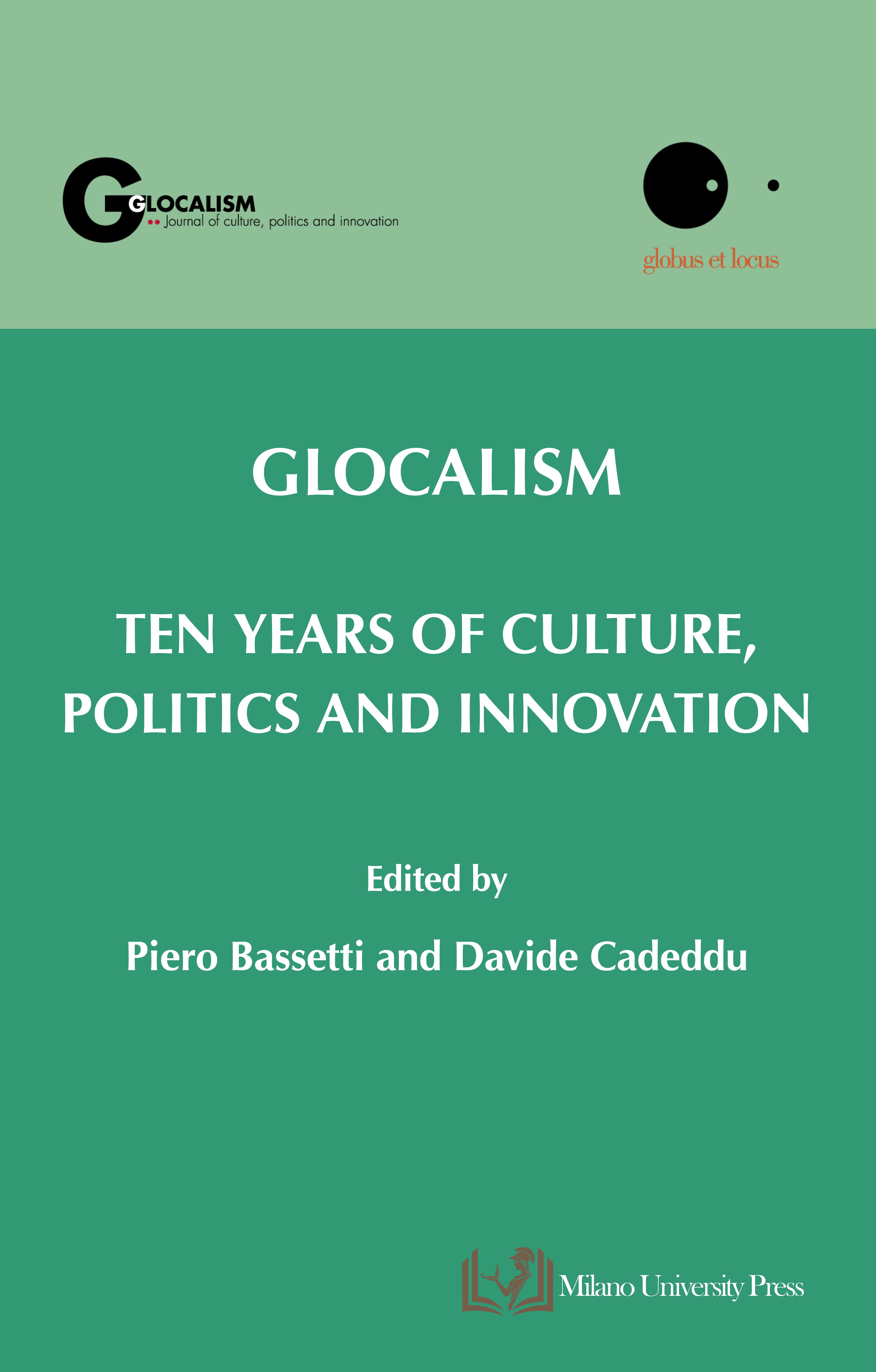EDITORIAL
DOI:
https://doi.org/10.54103/gjcpi.2023.1.22345Abstract
The United Nations Climate Dictionary states that “climate change is the defining issue of our times”. According to this Dictionary, we are facing a global crisis which “refers to the serious problems that are being caused, or are likely to be caused, by changes in the planet’s climate, including weather extremes and natural disasters, ocean acidification and sea-level rise, loss of biodiversity, food and water insecurity, health risks, economic disruption, displacement and even violent conflict”. These changes affect health, ability to grow food, housing, safety and work. In one word: the entirety of life as lived by both humans and non-humans in the world. The global nature of this condition, however, does not mean that every population is affected in the same way or at the same time. Some communities across the world have already been damaged by the consequences of the environmental crisis, while others will likely be affected in the future. Those who are not currently directly affected by these changes will still be affected indirectly. In other words, since the environmental crisis is a global phenomenon, it also produces global consequences, such as increasing migration.
Downloads

Downloads
Published
How to Cite
Issue
Section
License
Copyright (c) 2024 GLOCALISM

This work is licensed under a Creative Commons Attribution-ShareAlike 4.0 International License.











